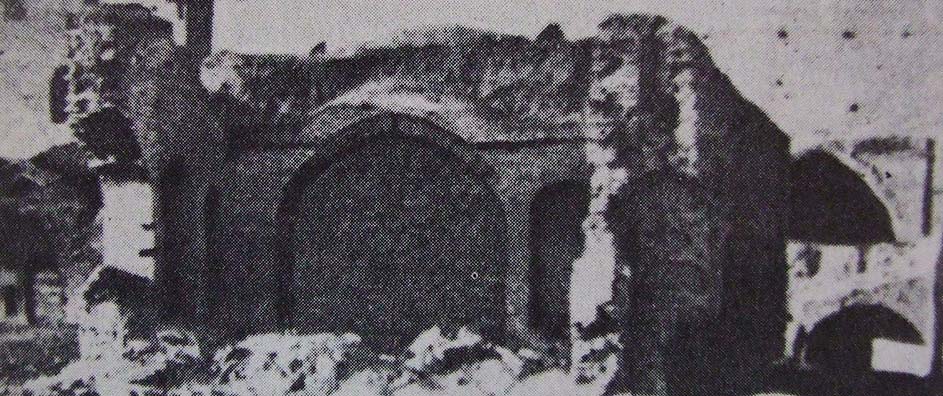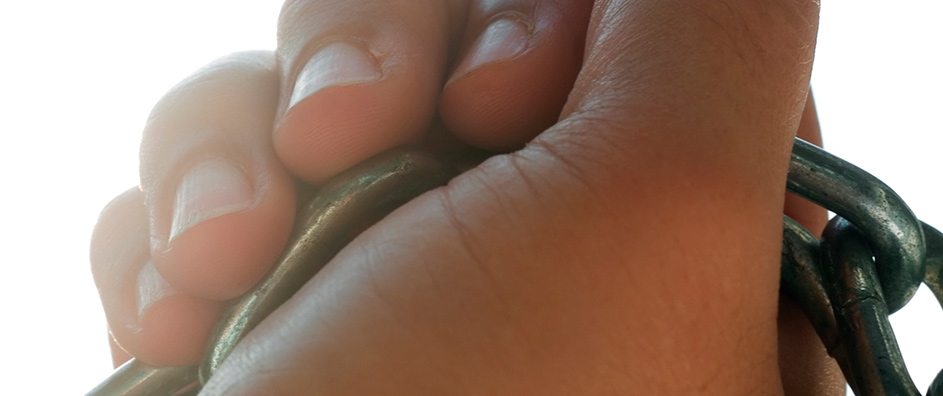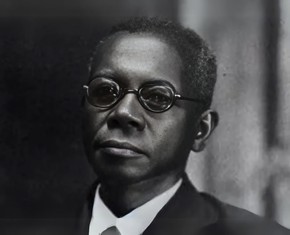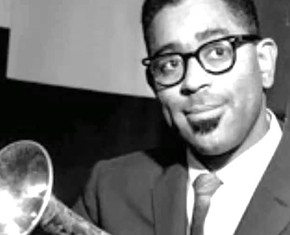The views expressed in our content reflect individual perspectives and do not represent the authoritative views of the Baha'i Faith.
In the final analysis of all things, physically mentally and spiritually, we are brought face to face with the great truth that Life is Love, and Love is Life, and its audible Voice is Music. – Louise “Shahnaz” Waite, Star of the West, Volume 9, p. 127.
The musician’s art is among those arts worthy of the highest praise, and it moveth the hearts of all who grieve. Wherefore, O thou Shahnaz, play and sing out the holy words of God with wondrous tones in the gatherings of the friends, that the listener may be freed from chains of care and sorrow, and his soul may leap for joy and humble itself in prayer to the realm of Glory. – Abdu’l-Baha, Selections from the Writings of Abdu’l-Baha, p. 112.
Could you sing in a dungeon?
One of the most remarkable—and horrible—chapters in the early development and evolution of the Baha’i Faith happened in 1852, when the Shah of Persian threw Baha’u’llah and many of the early followers of the Bab into one of the world’s worst and most infamous dungeons.

The Siyah Chal where Baha’u’llah was imprisoned.
Called the Siyah-Chal, or the Black Pit, this subterranean prison in Persia’s capital city had originally served as a water reservoir for Tehran’s public baths. Now a dark, cold, dank, windowless, vermin-infested, rock-lined pit, it housed Persia’s worst criminals—and, in the summer of 1852, Baha’u’llah and many other Babis. Incarcerated there without charges or trail, those innocent souls suffered unmentionably cruel torture and pain. Here’s Baha’u’llah’s description:
We were consigned for four months to a place foul beyond comparison. As to the dungeon in which this Wronged One and others similarly wronged were confined, a dark and narrow pit were preferable. Upon Our arrival We were first conducted along a pitch-black corridor, from whence We descended three steep flights of stairs to the place of confinement assigned to Us. The dungeon was wrapped in thick darkness, and Our fellow prisoners numbered nearly a hundred and fifty souls: thieves, assassins and highwaymen. Though crowded, it had no other outlet than the passage by which We entered. No pen can depict that place, nor any tongue describe its loathsome smell. Most of these men had neither clothes nor bedding to lie on. God alone knoweth what befell Us in that most foul-smelling and gloomy place! – Epistle to the Son of the Wolf, pp. 20-21.
Huge, galling chains and massive, heavy iron collars—so feared as instruments of torture that they actually had names—were fastened around the necks and shoulders of the prisoners:
If sometime thou shouldst happen to visit the prison of His Majesty the Shah, ask thou the director and chief of that place to show thee those two chains, one of which is known as Qara-Guhar and the other as Salasil. I swear by the Day-star of Justice, that during four months, I was weighted and tormented by one of these chains. – Baha’u’llah, quoted by Nabil in The Dawn-Breakers, p. 609.
But despite the wretched conditions they had to endure, and the looming daily threat of summary execution, Baha’u’llah and the others found a way to sing their freedom song in that prison:
All those who were struck down by the storm that raged during that memorable year in Tihran were Our fellow-prisoners in the Siyah-Chal, where We were confined. We were all huddled together in one cell, our feet in stocks, and around our necks fastened the most galling of chains. The air we breathed was laden with the foulest impurities, while the floor on which we sat was covered with filth and infested with vermin. No ray of light was allowed to penetrate that pestilential dungeon or to warm its icy-coldness. We were placed in two rows, each facing the other. We had taught them to repeat certain verses which, every night, they chanted with extreme fervour.
’God is sufficient unto me; He verily is the All-sufficing!’ one row would intone, while the other would reply: ’In Him let the trusting trust.’
The chorus of these gladsome voices would continue to peal out until the early hours of the morning. Their reverberation would fill the dungeon, and, piercing its massive walls, would reach the ears of Nasiri’d-Din Shah, whose palace was not far distant from the place where we were imprisoned. ’What means this sound?’ he was reported to have exclaimed. ’It is the anthem the Babis are intoning in their prison,’ they replied. The Shah made no further remarks, nor did he attempt to restrain the enthusiasm his prisoners, despite the horrors of their confinement, continued to display. – Baha’u’llah, as recorded by Nabil, The Dawn-Breakers, pp. 631-632.
Baha’is around the world still sing that freedom song: “God is sufficient unto me; He verily is the All-sufficing! In Him let the trusting trust.”
What does that song mean?
In some ways, it’s the ultimate protest song. It says to the jailers and the political leaders that they can jail and abuse our captive bodies, but they cannot touch our souls. The song implies that trusting God will always serve us better than trusting earthly authorities. It also tells the authorities that their realm—the physical imposition of captivity and torture—only extends to this fleeting life.
At about the same time Baha’u’llah and the other captives in the Siyah-Chal sang their freedom song; Harriet Tubman and the captive American slaves sang this one, called Go Down Moses:
The Lord, by Moses, to Pharaoh said: Oh! let my people go.
If not, I’ll smite your first-born dead—Oh! let my people go.
Oh! go down, Moses,
Away down to Egypt’s land,
And tell King Pharaoh
To let my people go.
Could you sing in a dungeon? If you were a captive, a prisoner of conscience, would you have the courage and the faith to sing a freedom song?
Next: Two Kinds of Music: Secular and Sacred?
















Comments
Sign in or create an account
Continue with Googleor